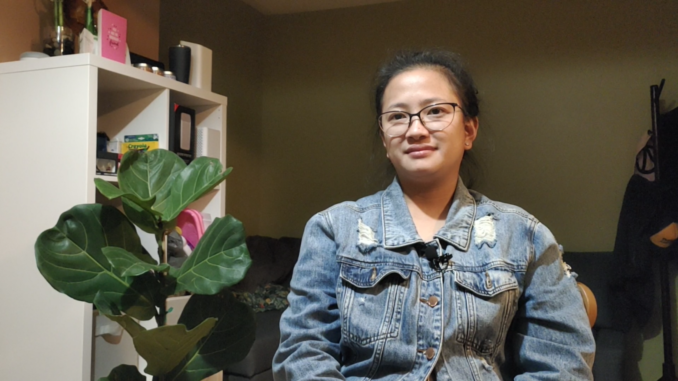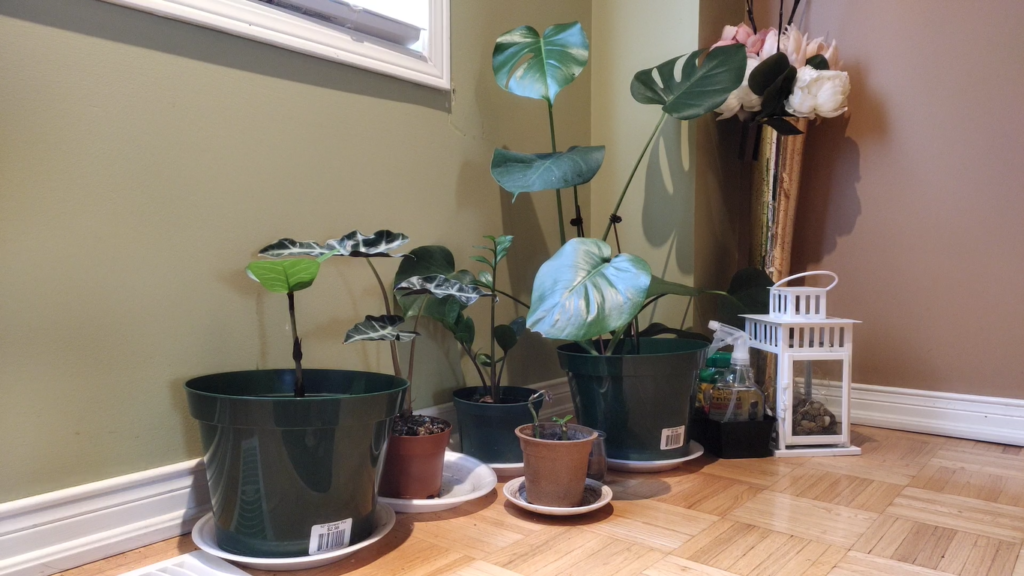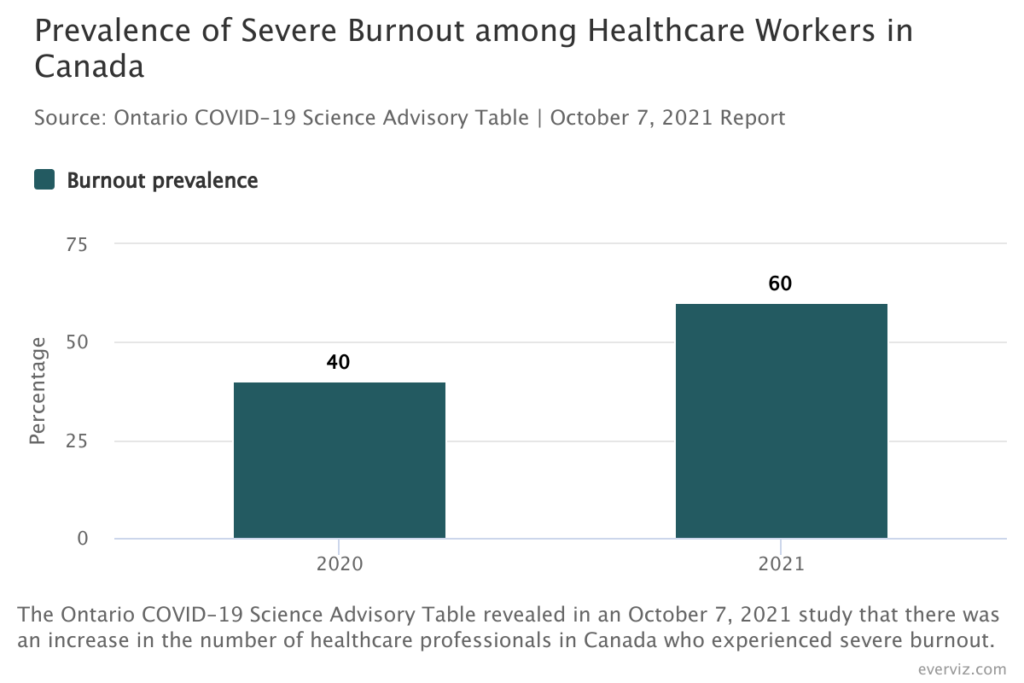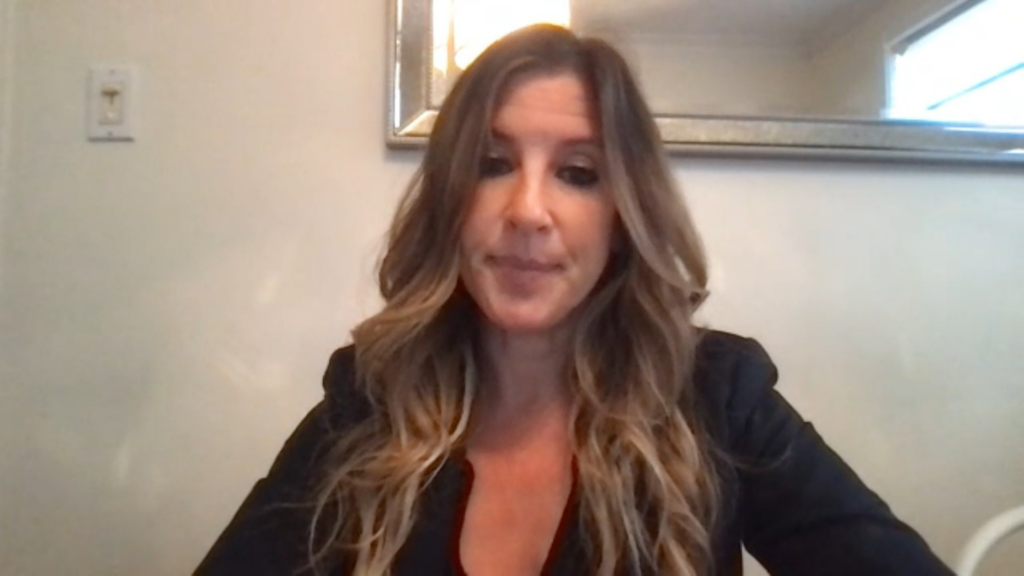
TORONTO — Healthcare worker Edwardine Maris Mondina-Baladad finds comfort in plants to cope with burnout from work. She started becoming a “plant mom” during the COVID-19 pandemic.
She said her plants make her happy, adding that she currently has fiddle leaf fig trees, monsteras, orchids, peace lilies, and alocasia polly, to name a few.
She said the transition from paper to digital has made her work challenging. Although she loves challenges, she said she has to bring her work home.

“When I feel like I don’t eat even though I’m going to eat. When I feel like I’m bringing home my work and not doing anything just thinking about work. I can’t continue to do what I love or can’t focus on anything else, just work,” she said.
“I feel like it was okay because they’re gonna pay me for that. But then again, I just have to give [myself] a small time to finish the work. It’s okay I guess but sometimes it’s exhausting because you’re bringing work at home,” she said.

Ontario COVID-19 Science Advisory Table’s study published on October 7, 2021, revealed that more healthcare professionals in Canada are experiencing severe burnout.
In this year’s study, more than 60 percent of healthcare professionals reported severe burnout, up from 30 percent to 40 percent in the previous year’s study.

Stacey Levine, a behavior therapist in Toronto, said that there are a lot of factors that cause a person to feel burned out.
“Burnout can happen at any time when we overextend ourselves so you know for instance if there’s too much time and hours being put on schoolwork or jobs, or, you know, other things that take away from the balance that we need in our lives to function and cope at our best, if there are only so many hours in the day so oftentimes if people that say are staying up later and their sleep quality is being compromised, then obviously our functioning ability during the day will be greatly impacted, and that can cause burnout,” Levine said.
She added that there is a treatment for burnout, and it includes resetting a certain pattern or routines, which takes between 21 to 28 days. But this involves commitment.
“It’s starting small and building on some of those changes that are going to have a positive impact in your life. And I think that if someone’s consistent, and even if they make one minor change and they start to feel the difference that probably in about three to four weeks’ time, there should be less feeling of burnout and exhaustion, and that is almost like self-reinforcing to motivate someone to do a little more for themselves, so they start to feel even better,” she said.
She said there are various organizations like the Centre for Addiction and Mental Health (CAMH) that offer support and a lot of resources for people who are burned out. (Karen Alassaf/Jay Ann Ramirez/Alison Stewart/Diake Toure)

Be the first to comment